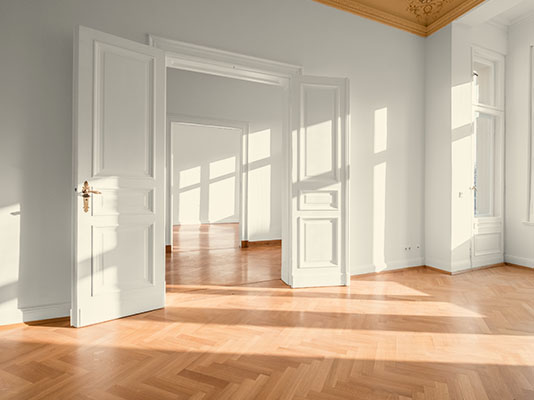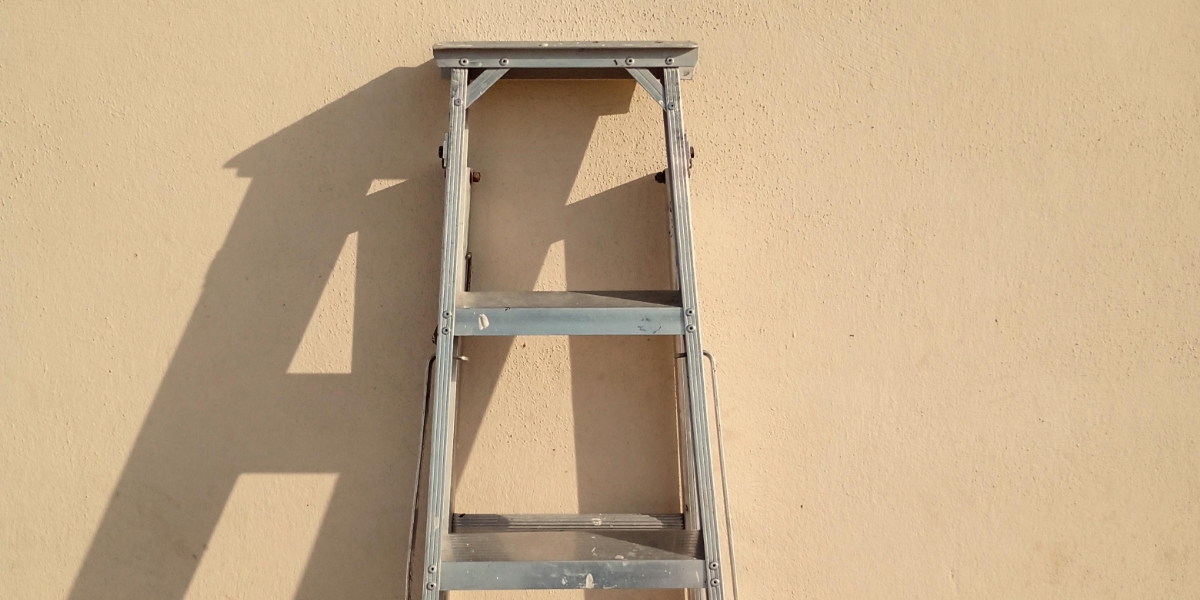Interested in buying your first house? The Home Buyers’ Plan (HBP) lets you use your RRSP, tax-free, to do so. But how does it work and what are the conditions? Find out what it's all about below.
Buying a condo: Pre-construction or resale?
Thinking of buying a condo? Got some money saved and know where you want to live? There’s just one more decision you need to make.

A few years ago, I managed to accumulate enough for a deposit and started to think about purchasing my first home.
I have always been skeptical about the downtown Toronto condo market, uncertain about the new buildings that seem to be popping up around the block every month and unnerved by the horror stories I’ve heard about condo mismanagement and fraud that can force owners to pay thousands for repairs and maintenance. But as a single, Gen Y woman who has lived and worked downtown ever since I moved away from my parents’ home, I was not ready to give up my city life. If I wanted to own my own home, it would be a downtown condo for me.
So I found a real estate agent who specializes in downtown condos, especially in the area that I prefer to live, where there is a mix of sales pavilions for condos not yet built (“pre-construction”) and resale condos. This presented me with one more decision that condo-buyers have to make: Which did I prefer to buy? Considering both, I came up with a list of pros and cons before deciding.
Buying a resale
This is the most straightforward way to buy a condo. Advantages include:
- You can see what you’re buying. You don’t have to imagine how it will look from a floor plan.
- There is no wait. You get to move in as soon as you close.
- The math is a lot easier. You can get your mortgage pre-approved right away and calculate your monthly payment based on the current rate.
But there are some disadvantages, too:
- If the unit has been lived in for more than a couple of years, you might need to set aside money for renovations.
- You can end up in a bidding war for a good unit in a popular building, and have to drop out when the price goes over your limit. (Selling prices for condos purchased pre-construction from the builder are fixed.)
Buying pre-construction
As you can guess, you are buying a not-yet-built condo directly from the builder before construction begins. This, too, has its advantages:
- You are first owner of the unit and you get to customize certain things (such as appliances, cabinetry, flooring).
- Pre-construction condos tend to be cheaper because of there is a risk of that the project will be delayed or even called off, but this is not always the case nowadays, especially in certain high-demand areas.
- You have more time to save up for your condo. You pay the builder a series of payments as a deposit. The deposit usually adds up to 20 to 25% of the purchase price by the time of occupancy, depending on the builder’s deposit structure.
Again, there are disadvantages:
- You are buying based only on a floor plan without seeing the finishes, the layout or outside view of the building.
- Prepare to pay “phantom rent.” You are allowed to occupy your unit when it’s ready, but other parts of the building may still be under construction. Until the building is completed and officially registered as a condominium corporation, you pay the builder phantom rent — you can’t start paying mortgage payments at this stage, because you don’t officially own the unit.
- At the time of closing, you have to pay a number of fees to the builder that can be confusing.
- Unlike a resale, a pre-construction sale is subject to HST. But if you are planning to live in the new condo (rather than rent it out), you might be eligible for an HST rebate.
- Nothing is guaranteed. A condo building usually takes several years to complete. There is always a chance that the builder won’t sell enough units to proceed with construction, or can’t finish construction for some other reason, so you don’t get your condo. And sometimes the condo may look a bit different when it’s finished compared to what was initially proposed by the builder.
These are the two main ways to buy a condo, but there is a third: Buying from someone who has bought a pre-construction unit instead of buying from the builder. This is called assignment. Buying an assignment can be very tricky, because it is difficult to determine how much to pay up front as it varies with each case. You have to pay the owner all the deposits already paid to the builder plus enough to cover whatever profit the owner is trying to make. You will need a bit more cash if you are interested in assignments. In general, if you buy an assignment once construction has already begun, you’re looking at less risk than buying pre-construction. Depending on how close the unit is to completion, the same pros and cons as pre-construction apply to some extent.
Both pre-construction and resale have their pros and cons, depending on your preference, your budget and the amount of risk you’re comfortable with. Before you make a decision, it’s a good idea to consult a real estate agent and/or a financial planner to find out your options.


